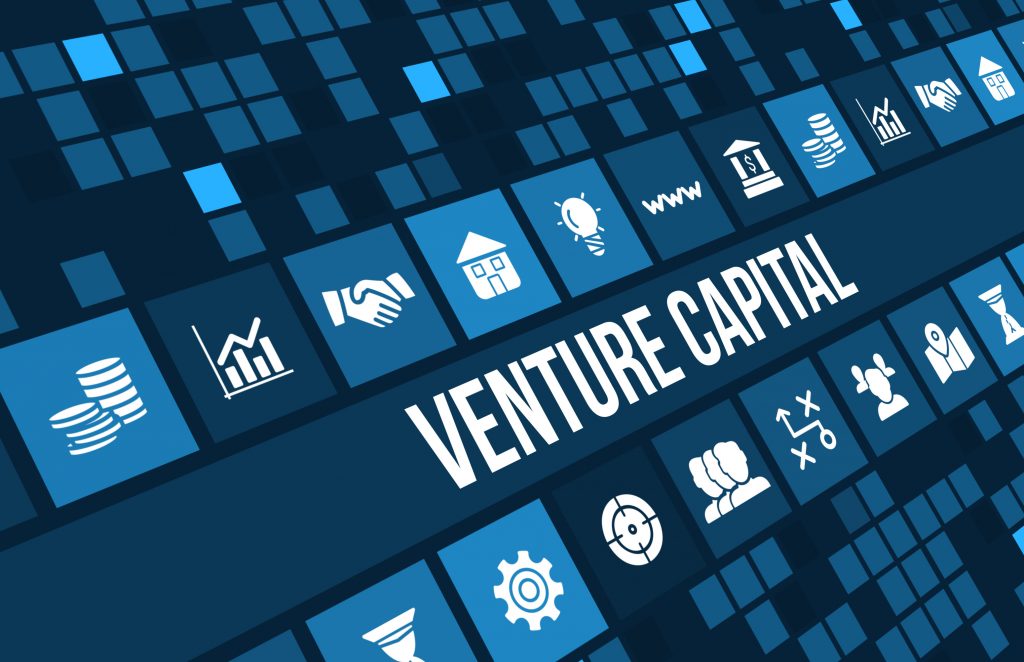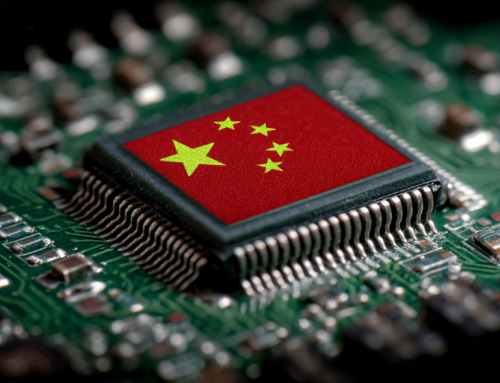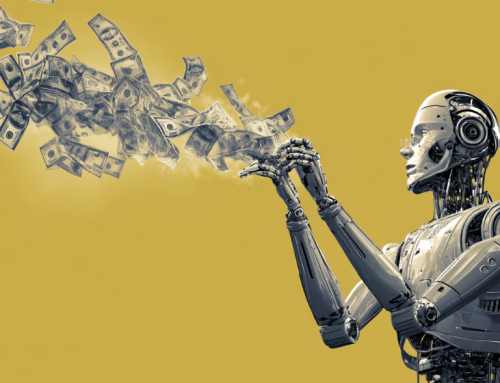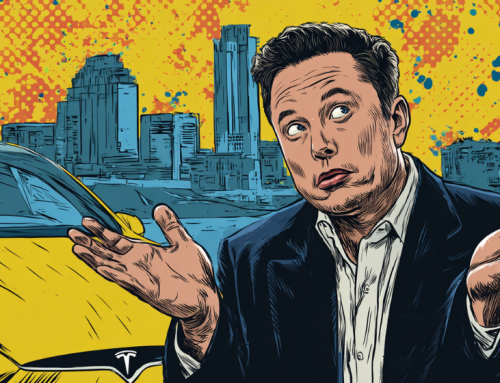
While a VC app may make it easier for some venture capitalists to identify start-up companies to invest in, the apps are still not as accurate as people. (Source: Adobe Stock)
Disruption in Venture Capitalism World Possible with New AI App Called Decile Base
Venture capitalists have been investing billions of dollars in generative AI with the hope of disrupting various industries. However, the VC industry itself may also face disruption from AI. A new AI tool called Decile Base has been launched specifically for the venture capital industry, acting as a knowledge base to provide immediate responses to complex questions related to VC operations. The advantages of using AI in VC are evident, as large language models can quickly sift through and categorize vast amounts of data, streamlining deal sourcing and due diligence processes. This can free up time for investors to focus on portfolio companies, and AI data analysis can help identify new investment trends.
The widespread use of AI in VC has the potential to democratize the industry by giving smaller firms and new entrants the ability to compete with larger players and reduce operational burdens. However, there is an important question to consider: if generative AI replaces the need for humans to perform many tasks, how long until VCs themselves are displaced?
VCs have been embracing technology for years, particularly in deal sourcing. AI platforms like Motherbrain by EQT Ventures and algorithms used by firms like SignalFire have already been in use. Generative AI could further push this trend. James Currier, the founder of VC firm NFX, predicts that the VC industry as we know it will decline in the next 10 years as AI improves efficiency and reshapes the startup ecosystem. Late and growth-stage investors, in particular, could be heavily influenced by data-driven decisions made by AI.
Chamath Palihapitiya, the founder of Social Capital, has suggested that VCs may be replaced by automated systems in the future. Smaller startups could benefit from AI’s productivity gains, requiring fewer employees to operate and relying on automated workflows. This could result in reduced demand for capital from investors, potentially leading to a decrease in the number of VC firms.
While technology is likely to reshape the VC industry, it is unlikely to replace human investors entirely. AI may struggle in earlier stages where tangible data is limited, and the ability to identify disruptive ideas beyond numbers remains a uniquely human skill. Additionally, the adaptability of AI to unexpected events and rapidly changing market conditions is yet to be determined. Leaving investment decisions solely to AI could also promote a stronger herd mentality and increase financial fragility.
Although a Harvard Business Review experiment found that an investment algorithm outperformed human angel investors, it achieved lower returns compared to an elite group of experienced angel investors. It is expected that there will be fewer VCs in the future, and the surviving ones will be the best performers enhanced by AI capabilities. However, it remains uncertain if founders will be pitching AI systems for capital instead of human investors in the coming decade.
read more at pitchbook.com







Leave A Comment